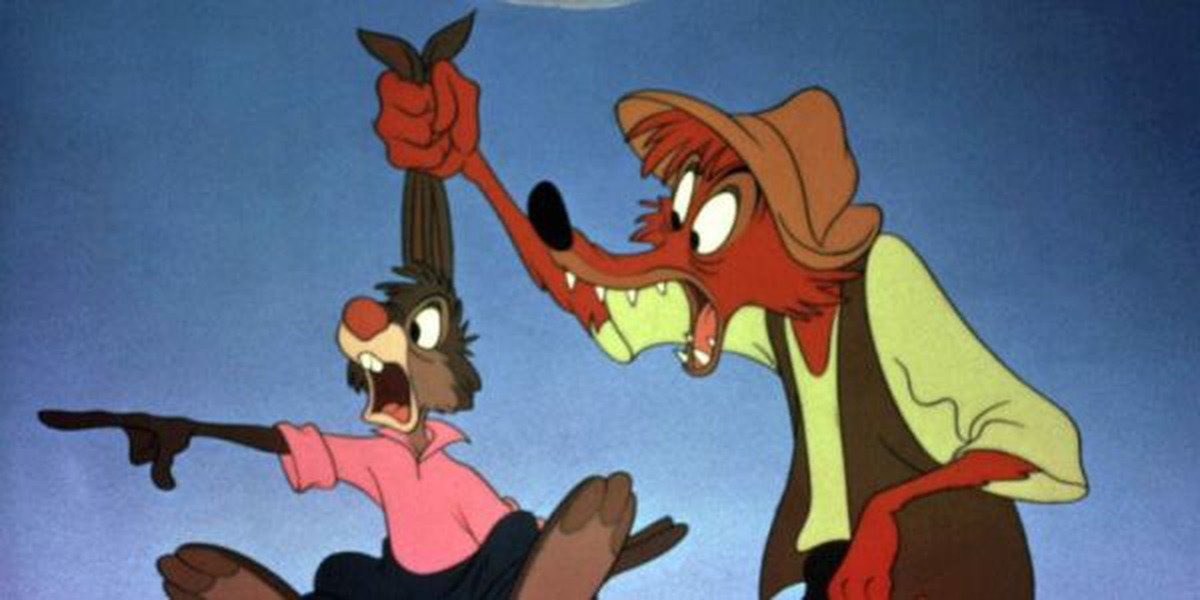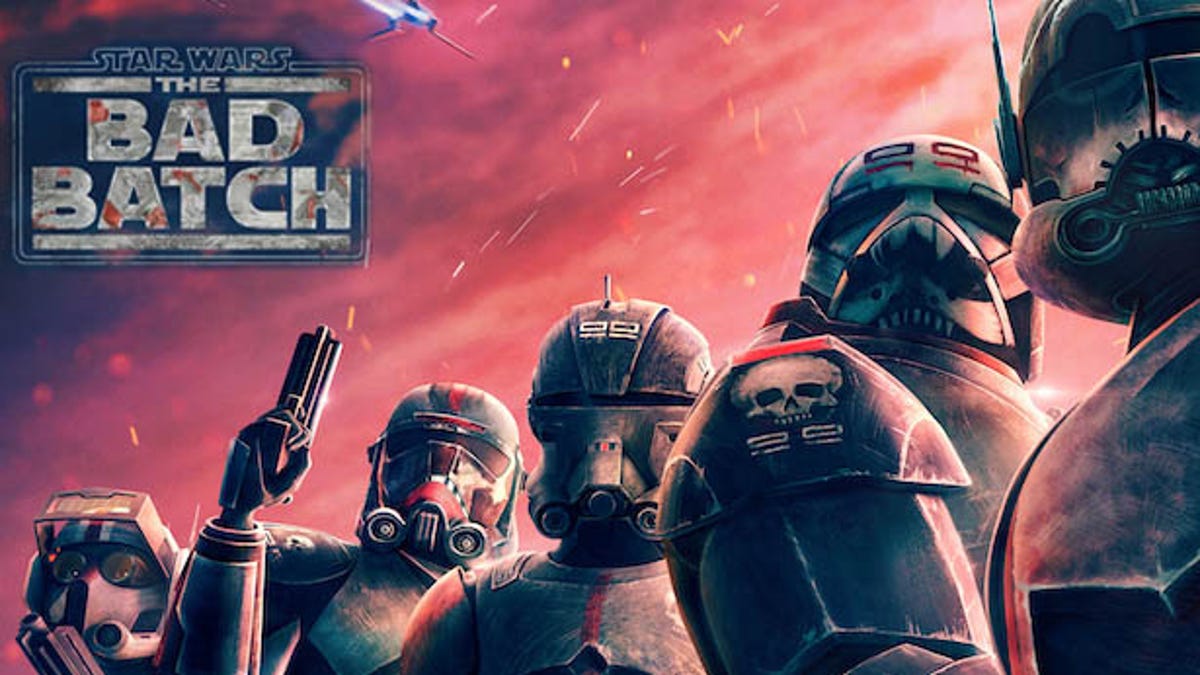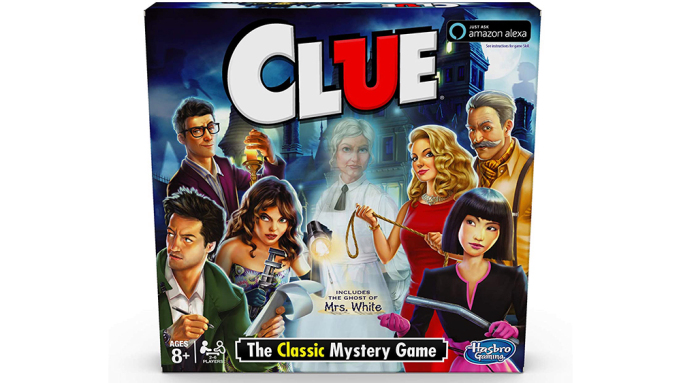When Mickey Met Mussolini, Goofy Chewed Nicotine Gum, and Uncle Walt Owned a Plantation: Three Cartoons Disney Wishes It Had Never Made
Nowadays, The Walt Disney Company prides itself on producing content that is as family-friendly as it is politically-correct. But that wasn’t always the case. While the world’s most famous animation studio has always striven to reflect America’s oldest, purest values, societies change morals faster than artists can transform them into stories.
From the odd cigarette advertisement or wartime propaganda film to a wealth of culturally outdated depictions of race and gender, Disney’s expansive library knows no shortage of cartoons which the company’s current leadership wants audiences to forget about, but the digital age simply won’t allow. Here are three of them.
Song of the South

Perhaps the only Disney film to receive neither a home video release nor a digital one, Song of the South is a 1946 animation and live-action hybrid about a young white boy who befriends an old black sharecropper on his grandmother’s plantation. Though well-received back in its day, the picture is now regarded as one of the most racist mainstream movies ever made.
The history behind Song of the South is complicated. On the one hand, the film was based on a series of books written by a white man who lived during Confederate times. On the other, that same man grew up to be an activist who used his stories, which he based on his own childhood experience befriending the slaves on his family’s estate, to foster “racial reconciliation.”
Then there’s the character of the old black sharecropper, affectionately yet patronizingly known as ‘Uncle Remus.’ While he acts as a wise mentor figure, one whose morally-charged stories exert an evidently positive influence on the young boy’s life, his behavior and dialect—like that of all other black characters in the film—is unapologetically stereotypical.
But while Song of the South has been deemed racist for how it depicts African Americans, its biggest insult to this demographic may well be the way in which it shaped its story. By romanticizing the Reconstruction-era South, Disney evidently turned a blind eye to the economic extortion, political disenfranchisement, and violent hate crimes that were commonplace there.
Though many think films like Song of the South are better off forgotten, some activists beg to differ. Renowned black filmmaker Spike Lee, for instance, has implored white audiences to watch explicitly racist ‘classics’ like Birth of a Nation and Gone with the Wind, so that they may see for themselves the blatant racial stereotyping which Hollywood once promoted.
Whether Lee feels the same way about Song of the South is not known. However, should you feel inclined to check it out for similar, strictly educational purposes, then you may find the complete film here.



























I'm hired!